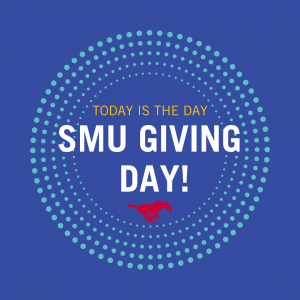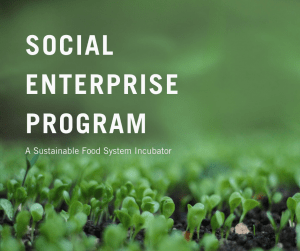Paul Westbrook is a recognized leader and speaker in efficiency, solar energy, and whole-system integrative design across the spectrum from residential projects to large industrial facilities. He brings this wealth of expertise to the Hunt Institute as a Fellow.
Paul currently serves on the board of Kijiji Innovative Sustainable Solutions (KISS). Founded by Hunt Institute Social Entrepreneur Clara Ford, the organization’s mission is to reduce rural poverty by promoting sustainable development in Tanzania’s rural communities through education, community activism, sustainable initiatives, and youth and women empowerment. Together with Hunt Institute Fellow Dr. Jessie Zarazaga, Clara continues to work with the Hunt Institute’s Global Development Lab on the Kijiji Project, including the completion of Phase I and the Spring 2021 Innovative Sustainable Solutions Design Competition where Paul served as a judge helping to narrow down the final winners.
In 1996, Paul designed his own North Texas solar home, which won the NAHB Energy Value Housing Award for Innovative Design. The house utilizes passive and active solar design and still ranks as one of the most efficient homes in Texas; it has been on the annual national tour of solar homes since 1996. Extensive water efficiency and rainwater collection led to Paul being named a Water Genius by the North Texas Municipal Water District in 2009.
Paul has over 33 years of design and operational experience with large, complex manufacturing facilities. He led the effort at Texas Instruments (TI) to design and build the first sustainable, LEED Gold Certified semiconductor manufacturing facility (“fab”) in the world. The 1.1 million square foot facility in Richardson, Texas, is over 40% more energy efficient and cost 30% less to build than the previous fab. Paul was also the LEED Accredited Professional (AP) for two TI manufacturing facilities in the Philippines, including the first LEED Gold building of any type in that country.
As Sustainable Development Manager at TI, he led the effort to improve the energy and water efficiency of TI’s 20 million square feet of existing global facilities – doubling the company’s energy and water efficiency in less than 10 years. Paul has also worked with the International SEMATECH Manufacturing Initiative teams on industry-wide efficiency improvements and on green design standards.
In 2012, Paul was named a Senior Fellow for the US State Department’s Energy and Climate Partnership of the Americas (ECPA) program. He visited Honduras, Bolivia, Columbia, and Peru, where he worked with governments, universities, and industry on efficiency and renewable energy. After retiring from TI, Paul started his consulting business, RE:source. The RE stands for Radical Efficiency. But it also stands for Resource Efficiency, Renewable Energy, REsilience, and REimagine. His book The Joy of Efficiency covers resource efficiency and integrative design. His research can be reviewed on his website titled Westbrook House where he provides links to learn about passive and active solar.
Paul received his B.S. degree in Mechanical Engineering from Louisiana State University in 1982. Paul is president and a saxophone player for the nonprofit Texins Jazz Band – a full big band established in 1986. He is also an accomplished track & field sprinter. He led the TI Team to 12 consecutive national corporate track titles as captain and was inducted into the United States Corporate Athletic Hall of Fame in 2002.
When asked what motivates him to do impact work, Paul’s response is, “I’ve worked on many interesting projects that achieved radical efficiency and sustainability improvements. That experience and knowledge has value in many areas, and I’m happy to share.”
To read more about the Hunt Institute’s work to develop future-focused solutions to some of the world’s biggest problems, please click here. For the latest news on the Hunt Institute, follow our social media accounts on LinkedIn, Facebook, and Instagram. We invite you to listen to our Podcast called Sages & Seekers. If you are considering engaging with the institute, you can donate, or sign-up for our newsletter by emailing huntinstitute@smu.edu.


















